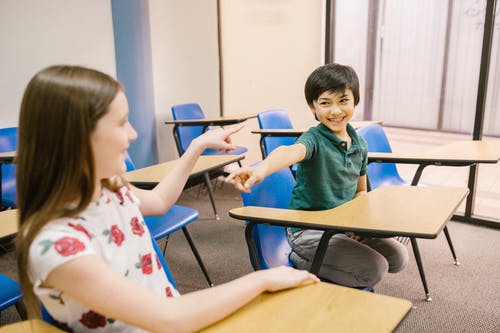Anytime a parent learns that their child is being bullied, their first assumption is that the culprit is a hostile child from a different class. As a new report shows, however, this is not always the case. In fact, a child is more likely to be bullied by their friend than a stranger.
Penn State researchers surveyed more than 3,000 children once annually for five years to find out more about bullying. The results revealed that children tend to pick on their friends to achieve higher social status in a friend group.
Competing for attention
The study further showed that teenagers often bully their friends if they are competing for love or interest. Kids who have been friends for a long time are very likely to have bullied one another at some point. The researchers also observed that anti-bullying campaigns were failing because they did not address the conflict between friends.
Diane Felmlee, professor of sociology and demography, notes that people assume that unknown kids bully children. While this still occurs, the study shows that the rate of peer aggression is much higher between acquaintances. She adds that the study shows that it’s not just the kids who had periodical friendships but also those who continued their friendships throughout the school year.
Statistics from the National Center for Education show that 20% of children aged between 12 and 18 have been victims of bullying at one point. Although there are several anti-bullying programs, the study suggests that they are not always effective. Professor Felmlee observes that the programs are ineffective because of the popularity contests that can be found in any high school. The more cruel a bully is, the more popular they get.
Friendships turn sour
At the beginning of the study, the researchers asked the participants to identify their friends. They then kept track of the friendships for five years and how bullying affected them.
Interestingly, the study found that bullying is worse between friends- of- friends or ‘frenemies.’ It is easier for them to bully each other because they’re not too attached while they are familiar.


